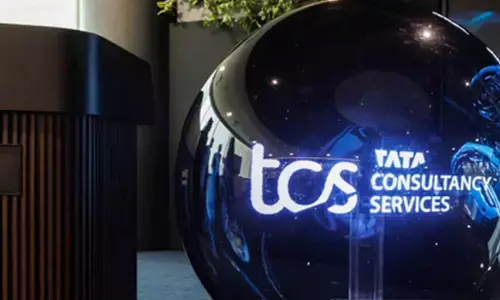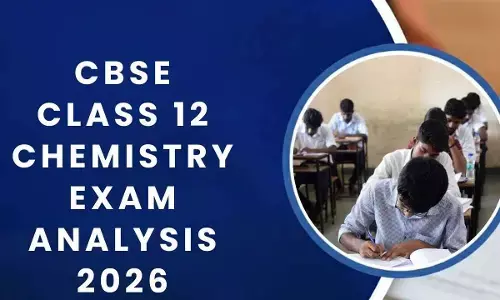How to choose the right educational board

A complete guide to different boards and their benefits
The fact that a robust school-level education is often the gateway to a rewarding career, especially when it comes to high-paying knowledge sectors, hardly needs to be debated. However, in the age of hybrid roles, the emerging generation of professionals is likely to need more than niche skills to succeed in the market. Therefore, exposure and faculties such as creative thinking and communication skills have become imperative because of rising competition and demand for well-rounded professionals in the rapidly expanding Indian economy.
For the proverbial bird to catch the worm, a headstart can be a game-changer. With basic skills such as scientific and creative thinking, a good grasp of elementary mathematics, and strong communication, learners become prepared for sought-after internships after high school or during college — in others, a foot in the Glassdoor. Yet, for parents seeking to groom their wards for the industry, selecting the right curriculum remains a challenge, despite the fact awareness about education and access to information at large has never been better.
To help parents as well as learners choose the right board of education, this article aims to showcase the merits of some of the popular choices across India.
We will begin the exploration of different systems of education with regular schools.
CBSE
• For competitive entrance exams such as JEE and NEET, CBSE is a stellar choice due to the board’s proximity with the National Test Agency (NTA) which is responsible for setting the papers. Thus, the curriculum often focuses on key topics needed to get into premier institutions via entrance exams.
• Since the advent of the New Education Policy 2020, CBSE authorities have been proactive in drawing up guidelines as well as offering the valuable soft skills that the policy advocates for.
• Given how aligned the syllabus is to the topics that have long been in the Indian education system, the board makes it easier for parents to be involved in their children’s education.
ICSE
• The board is known to impart robust language skills.
• Students are encouraged to improve comprehension and conceptual understanding of their subject over rote learning. Needless to say, a better grasp of concepts leads to better preparedness for college and university education.
IGCSE and IB
• For study abroad aspirants, these boards are ideal as students going through these international curricula are automatically considered to be native English speakers across universities around the world.
• Both systems of education stress hands-on learning, helping students to develop a tangible sense of the subject as well as deepen their interest in the discipline.
• As for IB, considering that instructors are free to set the curriculum according to the aspirations of the students and the level of intelligence of the class, the possibility of graduating high school with advanced skills and subject knowledge becomes high.
State Boards
• NEP 2020 has yet again prodded a decades-long discourse in India: the importance of getting educated in one’s native tongue to develop a closer-to-the-ground worldview. If parents are ideologically motivated to educate their children in Indian languages, then schools affiliated with State Boards are ideal. Also, the medium of language being familiar with what the learner speaks at home, challenging concepts can be introduced early on without burdening the child with English skills early on.
• The curricula strive to use easy-to-understand, student-friendly language to help reduce dependency on private tutors. Similarly, the medium of instruction allows many non-English-savvy parents to be involved in their ward’s education.
• Schools affiliated with State Boards tend to be affordable, allowing guardians to save up for quality college education. Moreover, due to the affordability of the schools, the learners have the unique opportunity to interact with peers from different backgrounds and, hopefully, develop a sense of kinship towards each other — an exposure that is essential towards building an inclusive society.
Now, let’s have a look at distance education systems.
NIOS and other distance education school boards
• For those who are self-starters, this mode of schooling can be invaluable. The flexibility offered in this education system allows students to develop the valuable habit of self-study while also engaging in their favourite co-curricular activities.
• Learners can be initiated into industry-level upskilling right from their school days.
• The flexible exam schedule relieves the students of academic pressure, instilling the joy of learning in them.
• These students have more time compared to their counterparts for preparing for challenging entrance exams such as JEE, NEET, CUET, BITSAT, IPMAT, and undergraduate course entrance exams of leading institutions such as ISI, CMI, and IISERs, among others.
While these pointers address the important academic advantages of different boards, they don’t talk about the central necessity of education: the development of values, ethics, compassion, and awareness of the world at large. To conclude, I would like to emphasize that parents should look into the ethos and the value system of a school as much as the academic excellence it fosters. After all, at its core education should be a tool for change, a roadmap to a better world.










